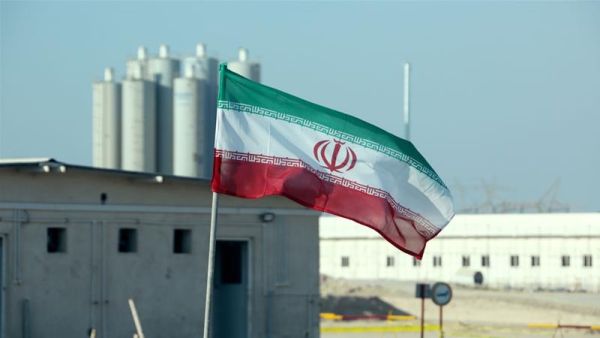Iran agreed Wednesday to allow United Nations inspectors access to two sites on the heels of the United States trying to force snapback sanctions connected to the Obama-era 2015 nuclear deal.
In a joint statement by the U.N.'s International Atomic Energy Agency and Iran, the country said it will voluntarily provide the agency access to two locations suspected of carrying out illegal nuclear-weapons work.
"Dates for the IAEA access and the verification activities have been agreed," according to the joint statement. "The IAEA verification activities will proceed in accordance with the [Comprehensive Safeguards Agreement] and the [Additional Protocol], and the IAEA's standard verification practice as implemented for all States with CSAs and APs on equal basis and without discrimination."
IAEA Director General Rafael Grossi traveled to Tehran Monday to talk with Iranian leaders about gaining access. In June, Britain, France and Germany -- three of the original signers of the Joint Comprehensive Plan of Action -- called for inspections of the two sites.
"Both sides recognize the independence, impartiality and professionalism of the IAEA continue to be essential in the fulfillment of its verification activities," the joint statement said. "The IAEA will continue to take into consideration Iran's security concerns."
The United States this month called for a trigger in JCPOA that would snapback original 2015 sanctions against Iran for non-compliance with the deal. The Trump administration, though, walked away from the deal in May 2018, hoping to force Iran back to the bargaining table.
U.N. Security Council President Triansyah Djani said Tuesday that the United States cannot place snapback sanctions on Iran because there was no consensus among council members.
This article has been adapted from its original source.








